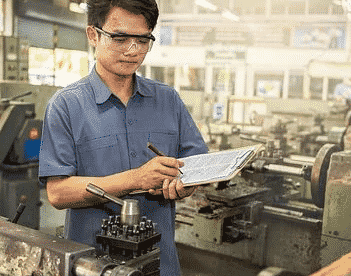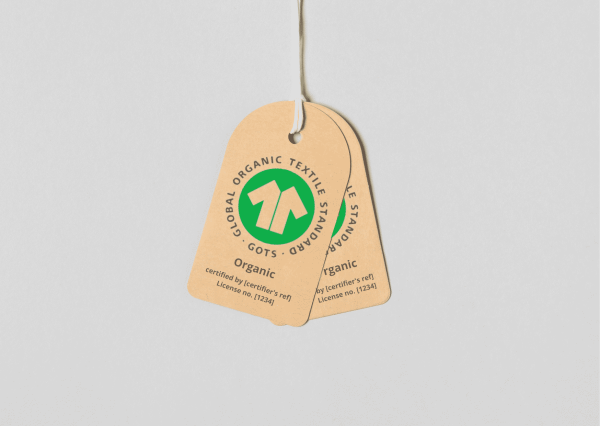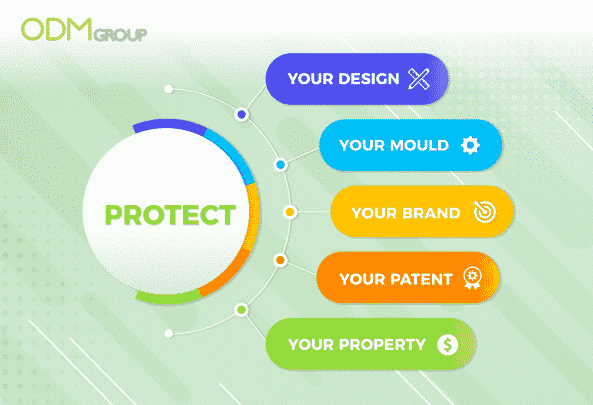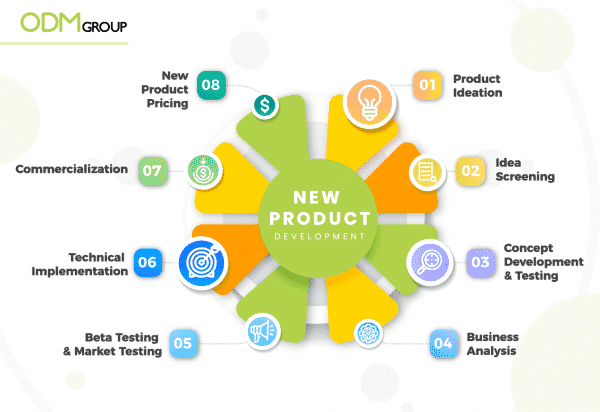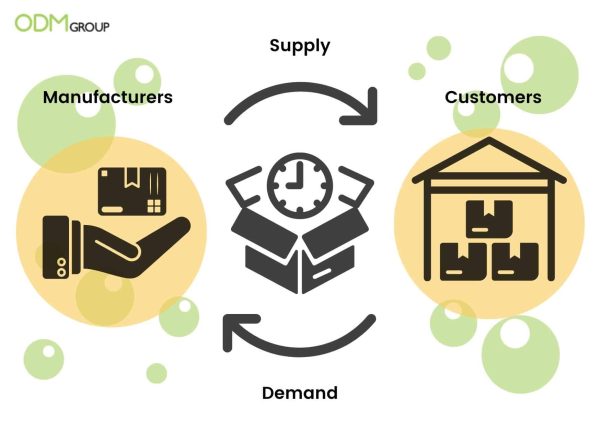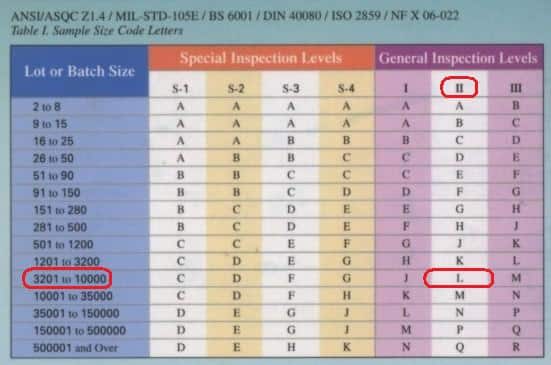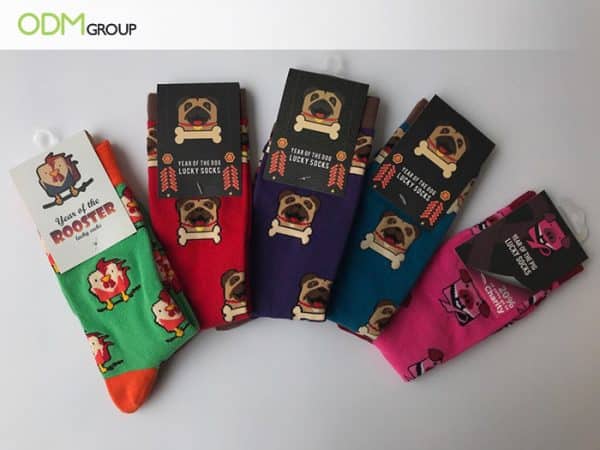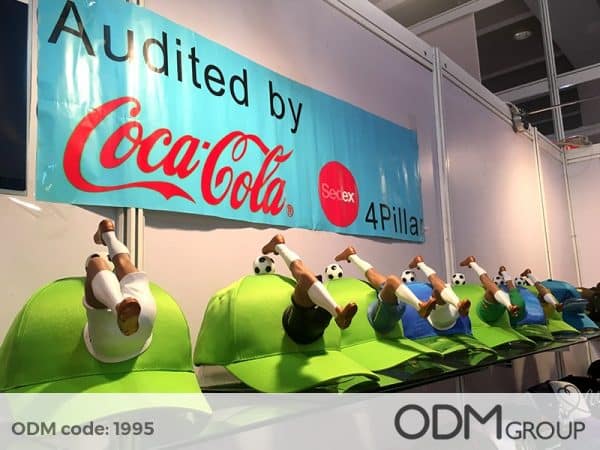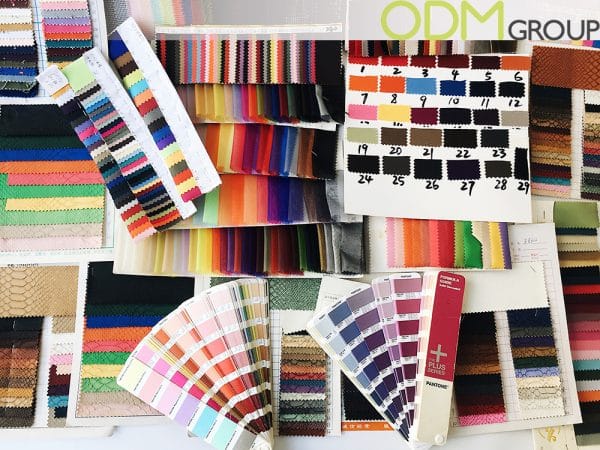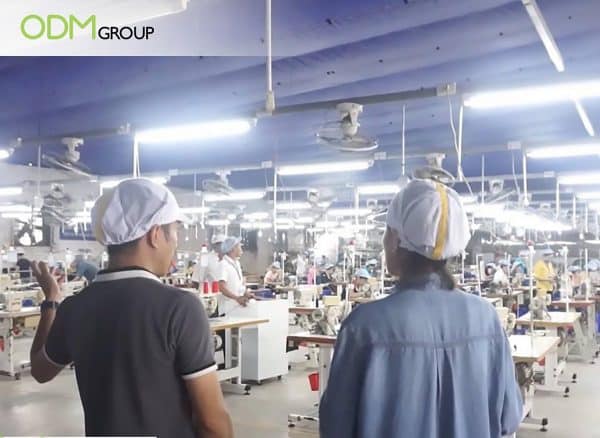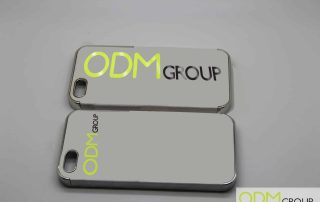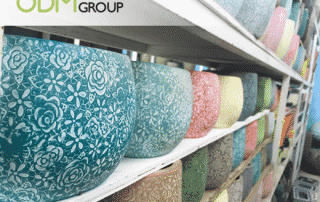There are many different parts of the manufacturing process that go into creating a quality promotional product. One of the most important aspects of high-quality manufacturing is having Good Manufacturing Practice (GMP) procedures in place. Undergoing an FDA inspection is a key component of GMP. Today, let’s delve into the importance of FDA testing in mass production. How does this process benefit your business?
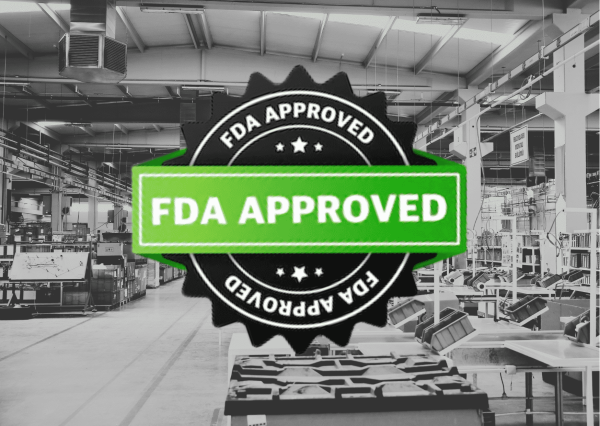
There’s a lot that goes into building a successful business. You need to create the product, identify your audience, and build a memorable brand. Once you’ve got all that covered, you can begin to turn your attention to manufacturing.
This is where having a solid understanding of what is GMP comes in handy. Read more about it here:
During the design phase of the product development process, there are a number of important considerations to keep in mind. Chief among them is how to ensure that your product meets all federal and state regulations. In this post, we’ll outline one specific regulation that every business should know about.
The Process of Mass Production
Mass production is considered a method of producing goods in large quantities at a low unit cost. This kind of production has significantly become utilized as the demand for consumer products increases. It bases on the concept of interchangeability, moving forward to assembly lines, and quality management.
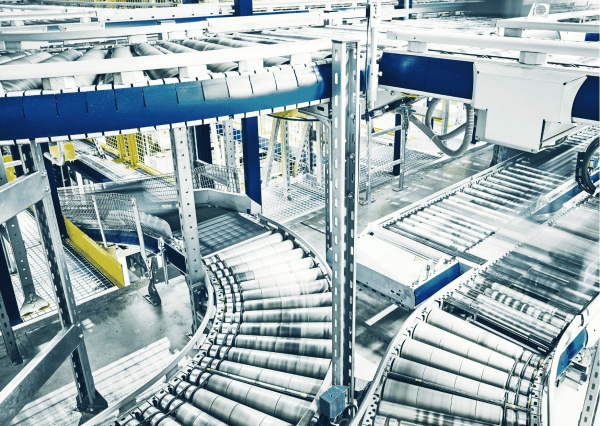
The key objective is to produce bulk orders of the product within very restrained deadlines to hit consumer demand.
Thus, monitoring quality during manufacture needs to be achieved by a rapid screening for the whole production management lines including testing materials at the very first input stage, the transformation process during manufacturing, and all components at the output stage.
Those tests and controls are to guarantee that the products satisfy consumer requirements. It minimizes the risks of error products and takes place as a guide for quality monitoring during mass production.
Take examples of mass production for cars, food, and aircraft that have frequently been reported, even for the case where the rate of defects is only of the order or less.
Most of the remaining safe products would also need to be recalled and may be destroyed or replaced by new ones.
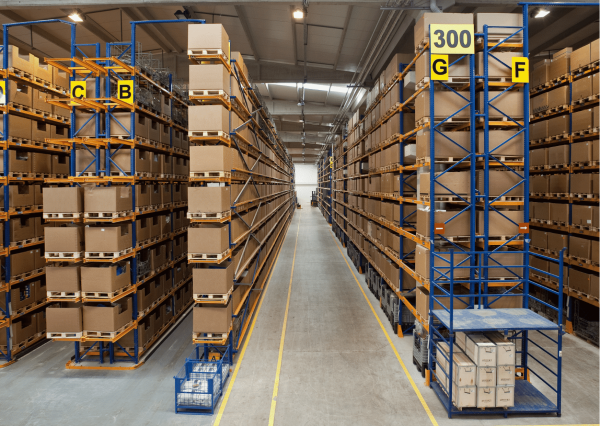
Such recalls are always cost-intensive. During mass production, it is very difficult to use conventional quality control methods to find defects of the order at the stage of design and production.
The Role of FDA in Mass Production
The United States Food and Drug Administration (FDA or USFDA) is a federal agency of the Department of Health and Human Services.
It is responsible for protecting and promoting public health through the control and supervision of food safety, tobacco products, dietary supplements, prescription, and pharmaceutical drugs, vaccines, biopharmaceuticals, blood transfusions, medical devices, electromagnetic radiation emitting devices (ERED), cosmetics, animal foods & feed and veterinary products.
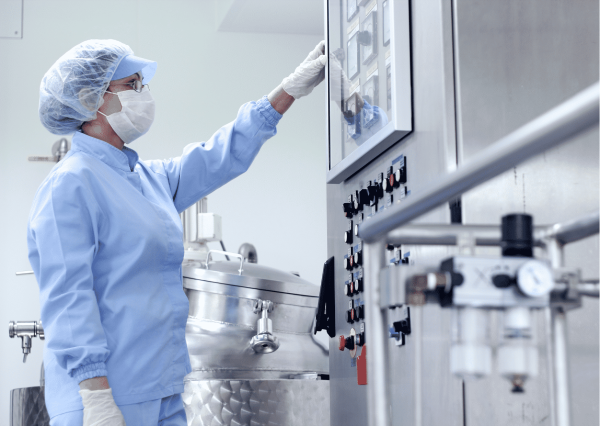
The FDA plays a critical role in the mass production of any type of product meant for human consumption. It is responsible for making sure that products are safe and effective, and they are known to take a hard stance on making sure the public is protected from bad actors.
On top of that, the administration also requires that products should be properly labelled and do what they say they will do. It performs a large number of tests on products to ensure that they are compliant with the Federal Food, Drug and Cosmetic Act (FD&C Act). These tests can be performed by the manufacturer or the FDA itself.
What Does FDA Compliant Mean?
Manufacturers who are FDA compliant have met all the requirements to produce safe and effective consumer products. They have documented processes, trained employees, and follow GMP (Good Manufacturing Practices) standards to avoid errors and contaminations.
When you’re ready to sell your product on a large scale, you need to ensure your manufacturer is producing safe, effective products that will bring customers back time and time again. FDA compliance is a must for any manufacturer who creates products for human use — especially those that will be sold in the US.
Additionally, in order to avoid liability, you need to make sure that all of your suppliers and manufacturers are properly following FDA standards as well. This can be a huge undertaking at scale — especially if you’re working with multiple suppliers and manufacturers — but there are ways to ensure that everyone in your supply chain is up to snuff.
How Does FDA Testing is Conducted in Mass Production?
The FDA test will be conducted during mass production. The tester will randomly take out 3 pieces in the production lines for testing. If all the 3 complied with FDA test standards, the products could be continued manufactured.
Otherwise, they need to stop the production, start conducting another test, and clarify why it failed prior samples.
There are different kinds of sampling and the methods that the FDA uses are divided into three categories: environmental, product, and emerging issues sampling.
- The tester collects samples that are ready to go to market or in the process of manufacturing, and raw ingredient samples to ensure they don’t reach consumers with harmful components or to verify that the ingredients are at safe levels as declared on product labelling.
- In terms of environmental sampling, the tester collects samples from the environment surrounding the food since the environmental contamination of production creates great effects on the final products.
- Emergency issue sampling can take the form of either environmental sampling and/or product sampling. It is conducted in response to outbreaks of foodborne illness to help identify the source of the disease. It also helps to gather information about potential food safety issues according to the FDA.
Notice that if the results come out with potentially harmful contaminants in a product that has been distributed or is actually on the market, the FDA may consider these actions that accomplished with the regulations:
- Encouraging a voluntary recall,
- Ordering a mandatory recall,
- Ordering administrative detention to prevent the product from being distributed, and/or issuing public warnings to alert consumers to the potential danger.
In case harmful contaminants are found in samples from imported food, the shipments will be detained and refused entry and future shipments may be subject to an Import Alert as warranted.
How Does this Process Benefit Your Business?
Being compliant with the FDA has several benefits for businesses and manufacturers. Your business must have a repeatable process that is transparent and can be documented at every step of your manufacturing process.
Conclusion,
To guarantee consumer safety and product reliability, manufacturers must undergo FDA testing to recognize and minimize the risk of sending harmful contaminants in products to markets. The tester typically investigates samples during production and as the products are ready to be on shelves.
In general, they may take a test on 3 pieces. If those samples come out to be safe, the products are eligible to send to markets; otherwise, they will recall or terminate the production until they receive qualified results and figure out what causes those issues.
It is also crucial to note that each test varies in different countries. For example, Korea has a test called KFDA for their standards of the quality of products. Thus, organizations need to determine which kind of test they need for their products.
The Role of ODM
At ODM, we understand that producing top quality and reliable promotional products every time is essential if you want to build a brand that people trust.
Quality manufacturing is the pride of our company. We know that our products are only as good as the processes that create them, and so we take pride in the fact that we work with FDA compliant manufacturers, meaning that our clients can rely on us to make products that are safe for both their customers and themselves.
Our team goes above and beyond in all manufacturing areas, including quality assurance, customer service and order fulfilment. We have an extensive quality control department that uses GMP testing procedures to ensure the products we manufacture meet the highest quality and safety standards.
What to Read Next:
Quality Control Services
Quality Control (QC) is a procedure to ensure that a product during mass production adheres to a defined set of quality criteria or meets the requirements of the client or customer. It also forms the basis of an efficient business that minimizes waste and operates […]
A Quick Guide to GOTS Certification: Why Everyone Should Go Organic?
In the textile industry, it is imperative that the fibres used to make your textiles are sourced sustainably and […]
NNN Agreement: How To Protect Your Intellectual Property in China?
Securing your intellectual property is a great concern nowadays. If you are working with manufacturers in China, you should be […]
The 8 Key Stages of New Product Development
New Product Development is the process of bringing new products to the market as well as updating existing ones to provide new value for customers. […]
Manufacturing Lead Time: A Quick Guide to Improve Business Efficiency
You’ve got an idea for a new product, a great marketing plan and a list of potential clients. But […]
Quality Control Inspections in China
Defects in mass production can occur – even on production runs for big multinationals with all the checks and controls in place. We need to recognise the risks and address them as much as possible […]
What is a BSCI Audit for Promotional Products?
We were searching factories to make our annual ODM zodiac socks and wanted one with a BSCI audit. Factory visits are […]
Factory Audits in China – Sedex 4 Pillar Review and Explanation
China is one of the biggest manufacturing hubs in the world, and finding the right supplier can be overwhelming. Factory […]
Factors that Affect MOQ in China & How to Lower Order Quantity
MOQ in China is high and for good reason. If you are looking to manufacture promotional products in China, then […]
Making the Best Out of A Factory Visit – How?
A few weeks ago, the team in Ho Chi Minh City, Vietnam, conducted a factory visit to see their potential […]
Power Crisis in China: How to Handle the Business Impacts of Stagnation?
Transforming the economic model, ensuring the harmony between economic development and environmental protection, and taking appropriate revolutionary steps are the […]
